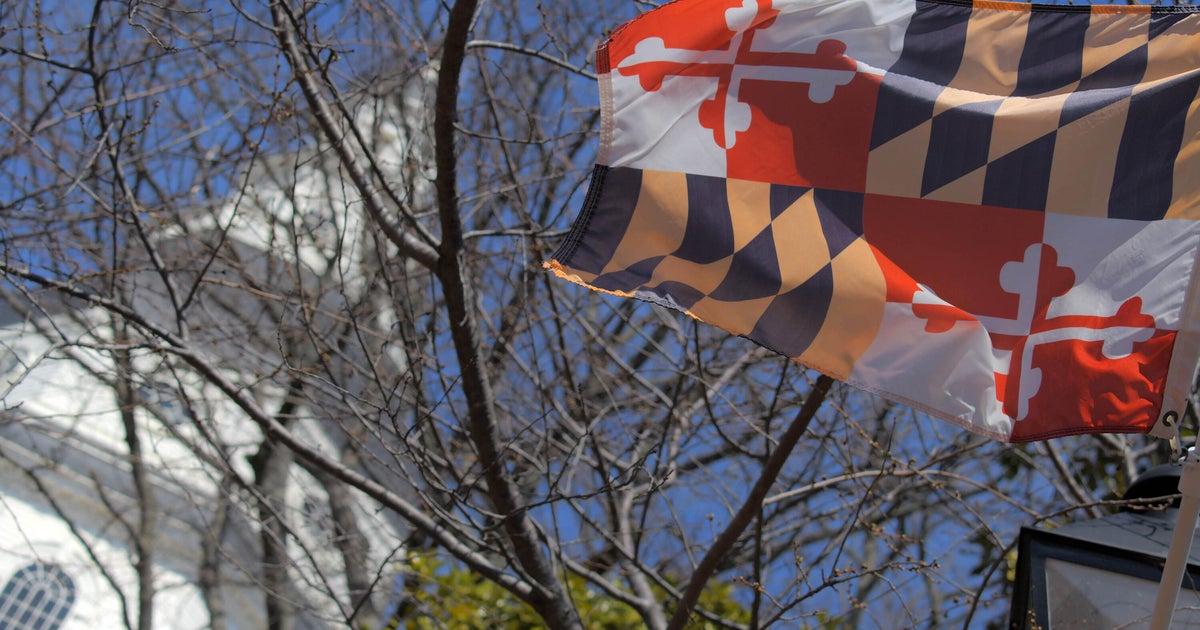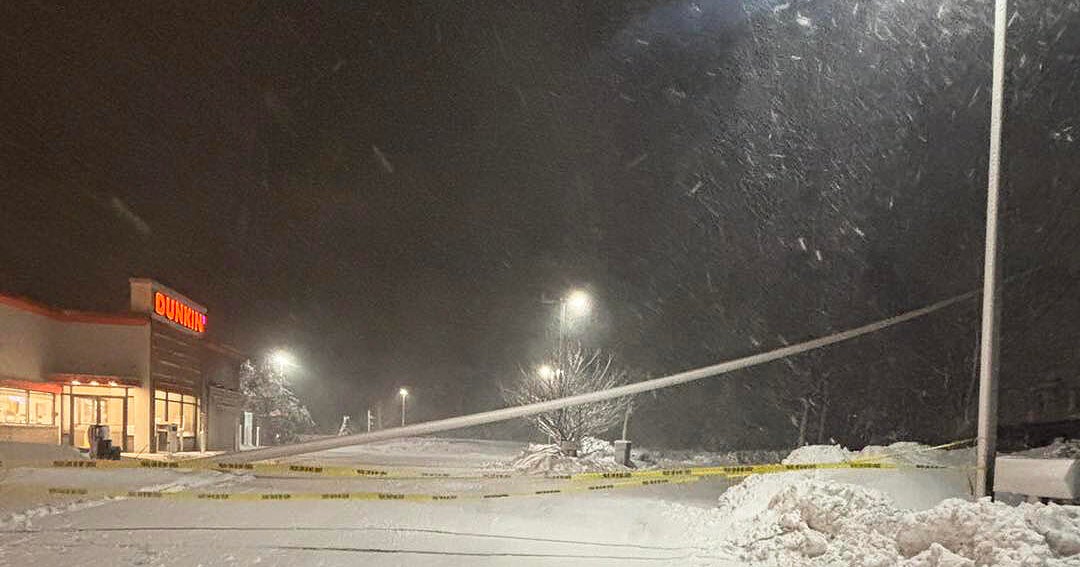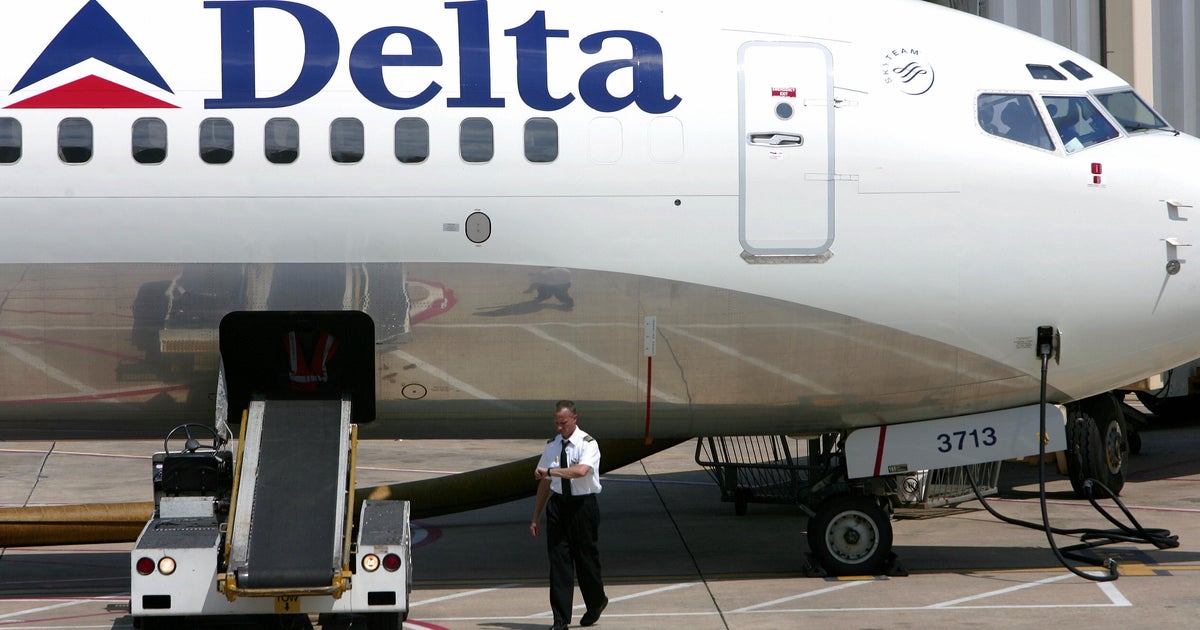FTC and 17 states, including Maryland, file sweeping antitrust suit against Amazon
Maryland is among 17 states that joined The Federal Trade Commission on Tuesday to file a much-anticipated antitrust case against Amazon, alleging the retailing giant illegally wields monopoly power to maintain higher prices, harming customers and hurting rivals.
"Our complaint lays out how Amazon has used a set of punitive and coercive tactics to unlawfully maintain its monopolies," FTC Chair Lina Khan said in a statement. "The complaint sets forth detailed allegations noting how Amazon is now exploiting its monopoly power to enrich itself while raising prices and degrading service for the tens of millions of American families who shop on its platform and the hundreds of thousands of businesses that rely on Amazon to reach them."
Amazon didn't immediately respond to a request for comment.
The legal showdown comes after Amazon attorneys gave no ground in discussions last month with the FTC, both Politico and the Wall Street Journal reported. The complaint focuses on Amazon's business practices that the FTC contends block lower prices on rival sites and compel merchants to use the e-commerce company's logistics and advertising services.
The FTC case relies on showing how Amazon's business practices allegedly violate antitrust laws.
The coalition and FTC allege Amazon's anticompetitive conduct occurs in two markets: the online superstore market, which serves shoppers; and the market for online marketplace services purchased by sellers.
These tactics include:
- Anti-discounting measures punish sellers and deter other online retailers from offering prices lower than Amazon, which serves to keep prices higher for products across the internet. For example, if Amazon discovers that a seller is offering lower-priced goods elsewhere, Amazon will bury discounting sellers so far down in Amazon's search results that they become effectively invisible.
- Conditioning sellers' ability to obtain "Prime" eligibility for their products – a virtual necessity for doing business on Amazon – on sellers using Amazon's costly fulfillment service, which has made it substantially more expensive for sellers on Amazon to also offer their products on other platforms. This unlawful coercion has, in turn, limited competitors' ability to effectively compete against Amazon.
Amazon's illegal, exclusionary conduct makes it impossible for competitors to gain a foothold. With its amassed power across both the online superstore market and the online marketplace services market, Amazon effectively extracts enormous monopoly rents from everyone within its reach.
This includes:
- Degrading the customer experience by replacing relevant, organic search results with paid advertisements – and deliberately increasing junk ads that worsen search quality and frustrate both shoppers seeking competitor products and sellers who are promised a return on their advertising purchase.
- Biasing Amazon's search results to preference Amazon's own products over those that Amazon knows are of better quality.
- Charging costly fees to the hundreds of thousands of sellers that currently have no choice but to rely on Amazon to stay in business. These fees range from a monthly fee- that sellers must pay for each item sold, to advertising fees that have become virtually necessary for sellers to do business. Combined, all these fees force many sellers to pay close to 50% of their total revenues to Amazon. These fees harm not only sellers, but also shoppers who pay increased prices for thousands of products sold on or off Amazon.
The coalition and the FTC are seeking a permanent injunction in federal court that would prohibit Amazon from engaging in this unlawful conduct and pry loose Amazon's monopolistic control to restore competition.
"Small businesses are a critical part of what makes Amazon's online marketplace successful. But Amazon's anti-competitive conduct harms the real people that run these businesses, and that harm also extends deeply into its customers' pockets," said Maryland Attorney General Anthony Brown. "Because of Amazon's unlawful tactics, shoppers are paying higher prices and Maryland small businesses are either at the mercy of a monopolist or, put simply, at risk going out of business. There's too much at stake here for consumers and small businesses, and we're going to put a stop to Amazon's monopoly."







